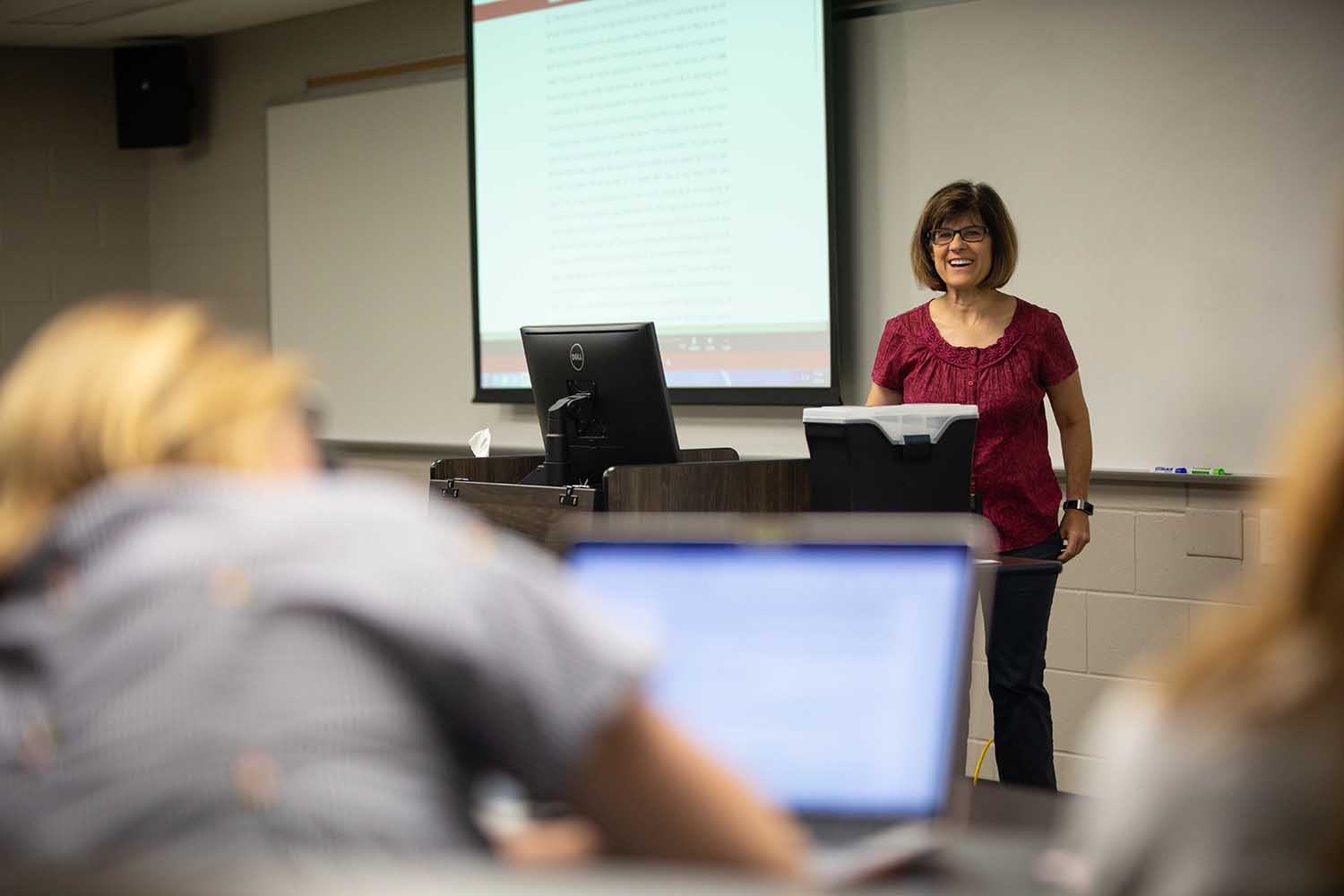How General Education Works
 A common misconception people have of college is that you will only take classes in
your major. While it is true for the greater part of your college career, you still
have to complete a little thing called general education or gen ed. According to Southern Adventist University’s 2017-2018 Catalog, “The general education program develops scholarship from a variety of perspectives
to prepare students for leadership in their churches, families, and in society. In
developing the whole person, it challenges students to achieve physical fitness, to
model Christ-likeness, to reflect on beauty, and to value truth.” In other words,
gen ed exists to make you a well-rounded and informed member of society.
A common misconception people have of college is that you will only take classes in
your major. While it is true for the greater part of your college career, you still
have to complete a little thing called general education or gen ed. According to Southern Adventist University’s 2017-2018 Catalog, “The general education program develops scholarship from a variety of perspectives
to prepare students for leadership in their churches, families, and in society. In
developing the whole person, it challenges students to achieve physical fitness, to
model Christ-likeness, to reflect on beauty, and to value truth.” In other words,
gen ed exists to make you a well-rounded and informed member of society.
If you are starting to stress thinking of this additional class load, don’t worry; colleges build gen ed into the system. Let’s explore how this works with an example. But first some background on what credit hours are.
Credit hours are the number of times a student meets in class per week. In a semesterly system (August–December and January–May), most classes are 3 credit hours, meaning students meet three times a week for 50 minutes per class period or two times a week for 75 minutes each. A full course load means you are a full-time student taking 16 credit hours that semester.
Now the example. If you are getting your Bachelor of Science in public relations at Southern, you are required to complete 124 credit hours. Of those 124 credits, 45 have to be gen eds. As you can see, most of you classes will still be what your degree requires or recommends, but the other third will ensure you are educated in other fields as well. These gen eds are divided into several sections: R. Spiritual Development, IN. Intellectual Development, and P. Physical Development.
How do you know which gen eds to take and when so that you are not wasting your time? For one, you are assigned an academic adviser (usually a professor in your major) as soon as you are accepted. The best course of action is to set an appointment with her or him and discuss what classes you will or should be taking. With their advice, you can even create a spreadsheet of what classes to take for every semester till you graduate. You can also do your own research using Southern’s website and experienced upperclassmen.
College can be a mystery. It can frustrate and confuse sometimes, but you don’t have have to go through it alone. What confuses you about it has confused others, too, at some point or another. So ask for help. Find resources that will prepare you for one of the most exciting time of your life!
For more information on Southern's policies, majors, and classes offered, visit http://www.southern.edu/undergrad/academics/academic-majors.html.